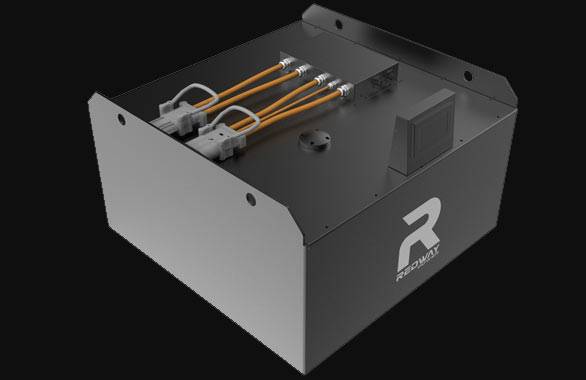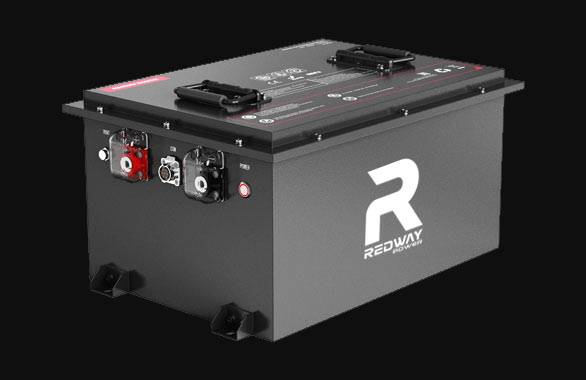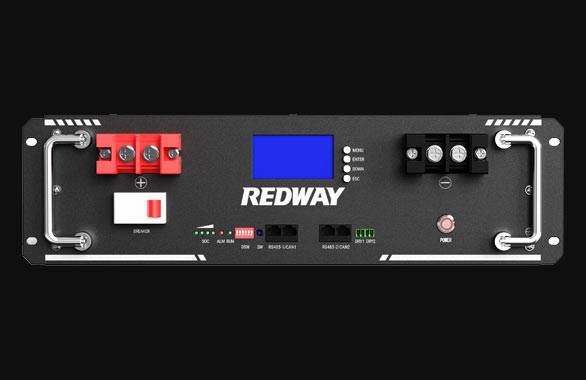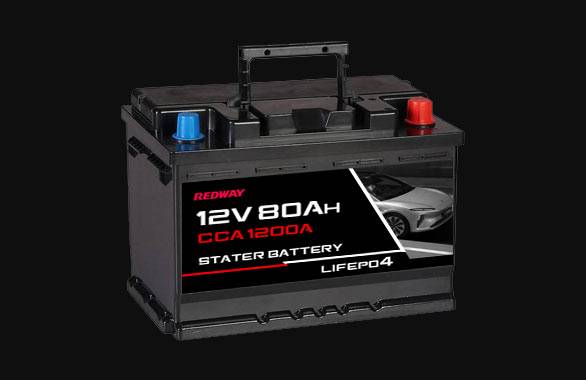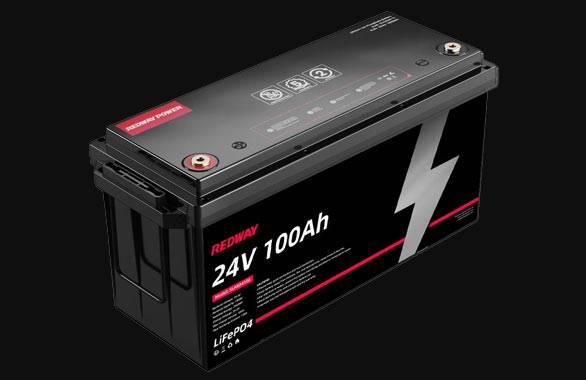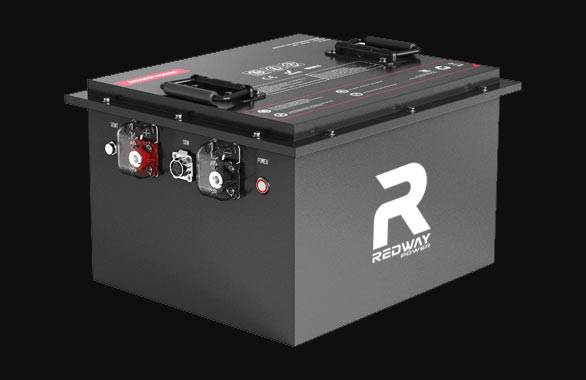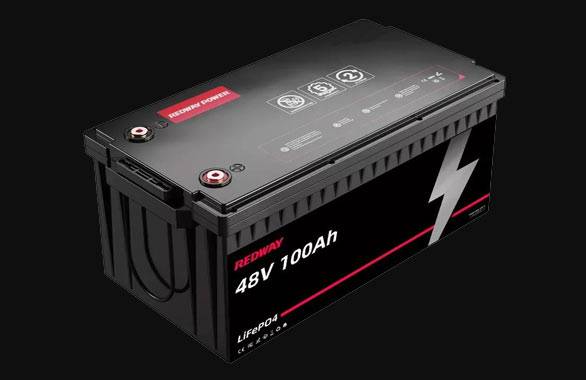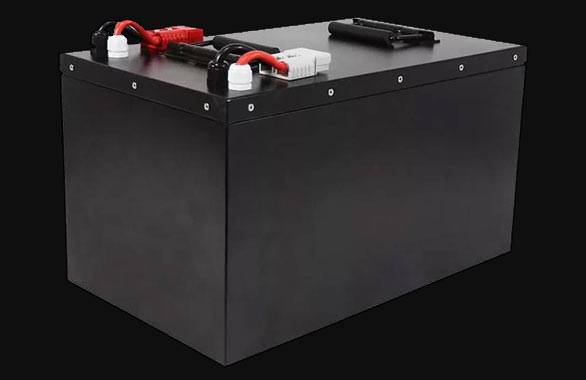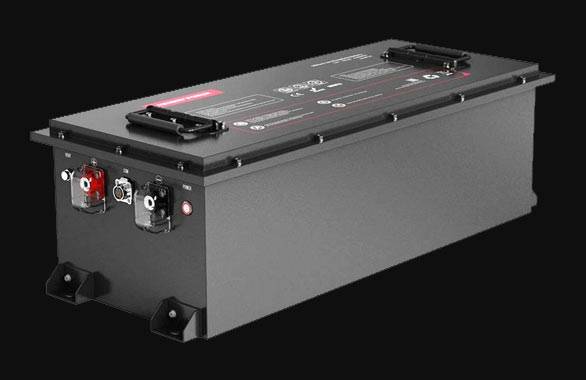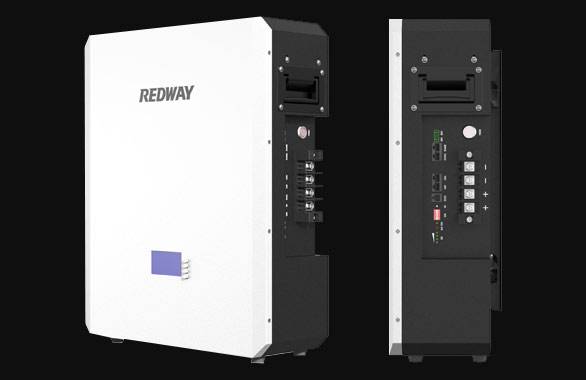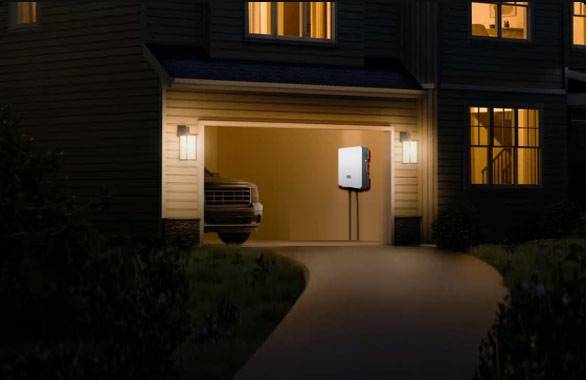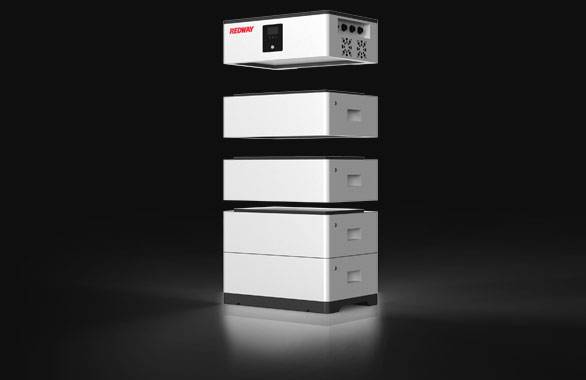- Forklift Lithium Battery
- Golf Cart Lithium Battery
- Rack-mounted Lithium Battery
51.2V 100Ah Rackmount LiFePO4 Battery
8000 times (80% DOD 0.5C)
Optional SNMP for TELECOM - Car Starter Battery
- 12V LiFePO4 Battery
12V 150Ah Lithium RV Battery
Bluetooth App | Self-heating
LiFePO4 | Group 31
UL 1642 | IEC 62619 - 24V LiFePO4 Battery
- 36V LiFePO4 Battery
- 48V LiFePO4 Battery
- 60V LiFePO4 Battery
60V 100Ah Lithium Battery (AGV, AMR, LGV)
Peak Discharge Current 400A
500 x 298 x 349 mm - 72V~96V LiFePO4 Battery
72V 100Ah Lithium Golf Cart Battery
Peak Discharge Current 315A (10S)
740 × 320 × 246 mm - Wall-mounted Lithium Battery
51.2V 100Ah 5kWh
Wall-mounted Battery532 x 425 x 170 mm / LiFePO4
>8000 Cycles (80% DOD 0.5C)
RS485 / CAN-bus
for Solar Home ESS - Home-ESS All-in-One
51.2V 32kWh
All-in-On HESS SystemPowerAll
51.2V / LiFePO4
>8000 Cycles (80% DOD 0.5C)
RS485 / CAN-bus / WiFi
All-in-One for Home ESS
What Are LR1130 Battery Equivalents and How to Choose Them?
The LR1130 battery is a 1.5V alkaline button cell, widely used in small electronics. Its equivalents include AG10, LR54, and the higher capacity SR1130 silver oxide battery. Choosing the right equivalent depends on device needs for voltage stability, capacity, and load performance, which vary by battery chemistry and specifications.
What Is an LR1130 Battery and Its Key Specifications?
The LR1130 is an alkaline button cell battery measuring 11.6mm in diameter and 3.1mm in height with a nominal voltage of 1.5V. It typically provides a capacity between 50 and 80 mAh and is designed for low to moderate drain devices like watches and calculators. Its shelf life usually spans 2 to 3 years, making it a reliable, affordable power solution for various small gadgets.
What Are the Common Equivalents of the LR1130 Battery?
Common equivalents to the LR1130 battery include AG10, LR54, 189, and the silver oxide-based SR1130. These alternatives match the size and voltage, with silver oxide types (SR1130) delivering slightly higher voltage (1.55V) and capacity (80-100 mAh). Selecting an equivalent requires checking device compatibility, as silver oxide batteries better support sensitive or high-drain electronics.
How Do LR1130 and SR1130 Batteries Differ?
The LR1130 is an alkaline battery with a nominal voltage of 1.5V and moderate capacity, while the SR1130 is a silver oxide counterpart offering 1.55V and significantly higher capacity. The SR1130 provides more stable voltage output and longer lifespan (3-5 years versus 2-3 years for LR1130), making it suitable for precision devices and medical equipment, though it commands a higher price.
What Devices Commonly Use LR1130 Batteries?
LR1130 batteries are commonly found in digital thermometers, calculators, laser pointers, security devices, wristwatches, and some medical instruments. Devices requiring stable voltage or long-lasting power may benefit from SR1130 silver oxide equivalents, while simpler, low-drain devices generally function well with LR1130 alkaline batteries.
How Can You Choose the Right Equivalent for Your Device?
Choosing the correct LR1130 equivalent involves considering device voltage requirements, power drain, and size compatibility. For low-to-moderate power demands, AG10 or LR54 alkaline batteries suffice. For devices needing stable voltage and longer operation under load, the silver oxide SR1130 is preferable. Always consult device manuals or specifications before replacement.
What Is the Voltage and Capacity of LR1130 and Its Equivalents?
The LR1130 provides a nominal voltage of 1.5V and capacity around 50-80 mAh. The SR1130 variant increases voltage slightly to 1.55V and capacity up to 100 mAh, enhancing performance under higher loads. Other equivalents mirror these specs closely, but chemistry chiefly influences longevity and voltage stability.
How Long Is the Shelf Life of LR1130 Batteries?
Shelf life for alkaline LR1130 batteries typically ranges from 2 to 3 years, after which capacity and voltage output decay notably. Silver oxide SR1130 batteries boast a longer shelf life of about 3 to 5 years, maintaining voltage more consistently, which is critical for sensitive equipment.
How Should You Dispose of or Recycle LR1130 and Equivalent Batteries?
Proper disposal and recycling of LR1130 and equivalents are essential for environmental safety. Alkaline batteries should be taken to designated recycling centers where metals and chemicals can be safely processed. Silver oxide batteries, containing silver, require special recycling to recover precious metals and prevent toxic contamination.
What Are Common Replacement Mistakes to Avoid with LR1130 Batteries?
Common mistakes include substituting incompatible battery chemistries, ignoring device voltage requirements, and mishandling battery polarity. Using a battery with unstable voltage or insufficient capacity can damage devices or shorten their lifespan. Always verify the battery model and chemistry recommended by the device manufacturer.
How Does Battery Chemistry Impact LR1130 Equivalent Performance?
Battery chemistry dictates voltage stability, capacity, and environmental impact. Alkaline LR1130 batteries are affordable but show voltage drop under load and shorter lifespans. Silver oxide SR1130 counterparts offer stable voltage and longer service but cost more and require careful recycling. Lithium variants exist but are less common in this form factor.
Redway Power is a leader in lithium battery OEM production with over 13 years of expertise. We apply rigorous standards and advanced MES systems to deliver batteries that meet varied demands—from small devices using LR1130 equivalents to large-scale industrial applications.
Redway Power Expert Views
“Redway Power recognizes the critical nuances in selecting the right LR1130 equivalents. Our expertise in lithium battery OEM production ensures clients get evaluated, high-quality cells tailored for diverse applications from forklifts to medical devices. Understanding battery chemistry and device demands can extend product life and enhance reliability,” says a Redway Power technical expert. “We emphasize rigorous manufacturing standards supported by MES systems to meet precise performance criteria in every batch.”
Conclusion
The LR1130 battery and its equivalents serve as versatile power sources for various small electronic devices. While alkaline versions like AG10 and LR54 are economical, silver oxide SR1130 batteries provide steadier performance and longer service life. Choosing the right replacement battery is essential to device longevity and function, highlighting the importance of understanding chemistry, capacity, and voltage. Proper disposal and attention during replacement ensure safety and sustainability.
FAQs
Q: Can I replace LR1130 with SR1130 without issues?
Yes, SR1130 fits the same size but provides higher voltage and capacity, ideal for sensitive or high-drain devices.
Q: Are AG10 and LR1130 batteries identical?
They share size and voltage specs and are generally interchangeable in most devices.
Q: What happens if I use the wrong battery chemistry?
Using incompatible chemistry can cause voltage instability, reduced battery life, and potential device malfunction.
Q: How often should LR1130 batteries be replaced?
Typically every 2-3 years or sooner if device performance drops, especially for alkaline types.
Q: Where can I recycle LR1130 batteries?
Most electronics stores or local hazardous waste centers offer battery recycling options for alkaline and silver oxide cells.


